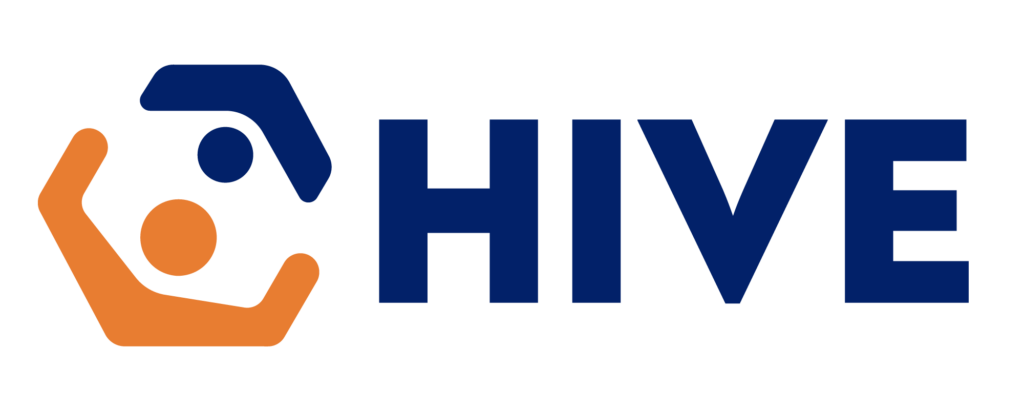Even though HIV prevention programs have averted an estimated 3.4 million new infections in children since 2000, 120,000 children between 0 to 14 years were newly infected in 2023 alone, according to the World Health Organization.
As part of efforts to address the need for more effective action in eliminating pediatric HIV infections and ending AIDS in children, the Gates Foundation is funding ICAP and Paediatric-Adolescent-Treatment Africa (PATA) over the next two years to implement an HIV Impact Network for Vertical Transmission Elimination (the HIVE project). The HIVE project will partner with ministries of health and other key stakeholders, including the Global Alliance to End AIDS in Children by 2030, with the aim of decreasing vertical transmission of HIV in children in Kenya, Mozambique, Nigeria, South Africa, Tanzania, and Zambia.
ICAP will leverage the systems, partnerships, and achievements of the Coverage Quality and Impact Network (CQUIN) to build on the HIVE project. “ICAP has successfully partnered with global partners and ministries of health to improve the coverage and quality of HIV services by exchanging knowledge and best practices, co-creating resources, and providing targeted technical assistance to accelerate the scale-up of high-quality, differentiated HIV services through CQUIN,” said Peter Preko, MBChB, MPH, principal investigator for the CQUIN and HIVE projects. “ICAP will leverage CQUIN 2.0 to improve the coverage and quality of services designed to prevent vertical transmission of HIV while keeping pregnant and breastfeeding women and their infants healthy.”
ICAP will work with the six countries to establish a multi-country impact platform like the CQUIN network to share innovations and best practices and identify common gaps and challenges in addressing HIV vertical transmission. The project objectives will focus on three priority areas, namely, identifying pregnant recipients of care not engaged with the health system and linking them to care and treatment services, improving retention in care and continuity of treatment for pregnant recipients of care as they transition from antenatal to post-natal care, and improving retention in care and early HIV diagnostic testing for infants exposed to HIV through the duration of breastfeeding.
ICAP will collaborate with PATA and multiple stakeholders to develop a vertical transmission elimination capability maturity model (VTP CMM). The VTP CMM tool will enable HIVE member countries to self-assess their vertical transmission programs and identify gaps that will inform country priorities to bridge those gaps.
PATA, as an African-led linking and learning action network of frontline health care providers, with support from ICAP, will facilitate in-country coordination, adoption of best practices, and promote inter-country learning exchanges to facilitate rapid diffusion of best practices and innovations in Mozambique, Nigeria, and South Africa. PATA will work with national coordinating structures, building onto existing resources and learning platforms and fostering better connection, communication, and dissemination of up-to-date guidance and best practices across relevant sub-national structures, cascading CMM-related information further downstream to the frontline of service delivery and strengthening a culture of linking and learning.
“Linking and Learning” activities – in-person and hybrid – will leverage related opportunities across the Global Alliance country plans to convene and share lessons so that HIVE action planning and focus is not done in isolation to other priorities,” said Agnes Ronan, head of Programs and Knowledge at PATA. “Additionally, PATA will provide decentralized intensive quality improvement and technical support to some prioritized health care facilities in selected districts,” she added.
In a visit to Abuja, Nigeria, from August 12 to 16, 2024, HIVE leadership met with key stakeholders, including the Ministry of Health, the National Network of People Living with HIV (NEPHWAN), the President’s Emergency Plan for AIDS Relief (PEPFAR), the US Centers for Disease Control and Prevention (CDC), and the US Agency for International Development (USAID), to understand existing country priorities on the elimination of vertical transmission and to orient stakeholders on the purpose of the HIVE project.
“Nigeria remains one of the largest contributors to new infections among children, with an estimated 21,000 new infections annually,” said Franklin Emerenini, MBBS, MSc PH, FMCPaed., deputy director for the HIVE project. “The engagement with stakeholders during this visit was productive, featuring in-person meetings and site visits to Maitama and Asokoro District Hospitals in Abuja.”

A delegation including Ministry of Health representatives and ICAP’s CQUIN technical team in a visit to the Maitama District Hospital in Abuja, Nigeria
As the HIVE project kicks off in the six countries, HIVE leadership will plan several introductory visits to all countries in the network, including consultative meetings with ministries of health and implementing partners to finesse the VTP CMM to ensure that countries meet their priorities rapidly. “These interactions are valuable for identifying best practices and challenges, which will inform the implementation of the HIVE project,” said Emerenini.
Following the meeting, the HIVE project team will collaborate with existing vertical transmission prevention initiatives to ensure cohesive service delivery, maximize resource utilization, and foster collaboration across ministry departments and technical working groups in the six countries to ensure a coordinated approach to vertical transmission prevention, among other initiatives. With these activities in place, ICAP hopes that the HIVE project will significantly contribute to ongoing global initiatives to end AIDS in children by 2030.

